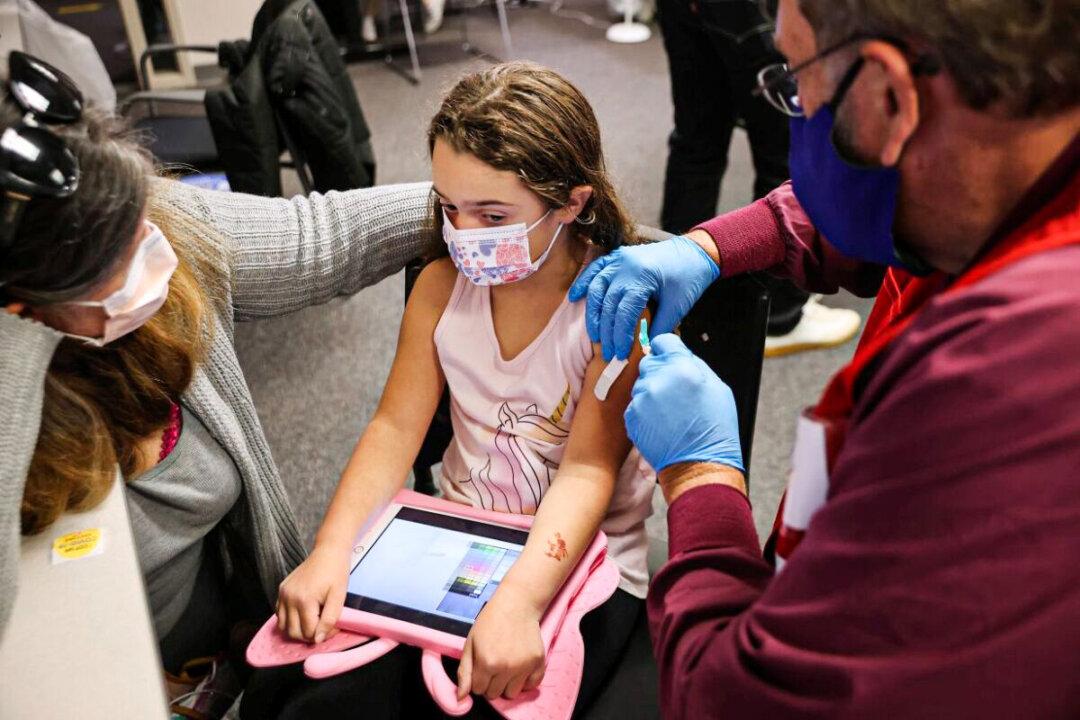Cases of rare vulvar ulcers have been diagnosed in adolescent girls after receiving a second dose of the Pfizer messenger RNA (mRNA) shot, according to the April edition of the Journal of Pediatric & Adolescent Gynecology.
Six cases of adolescent girls ages 12 to 16 developing painful genital ulcers within four days of their second vaccine dose were reported in the medical journal, including two cases occurring after infection with COVID-19.






